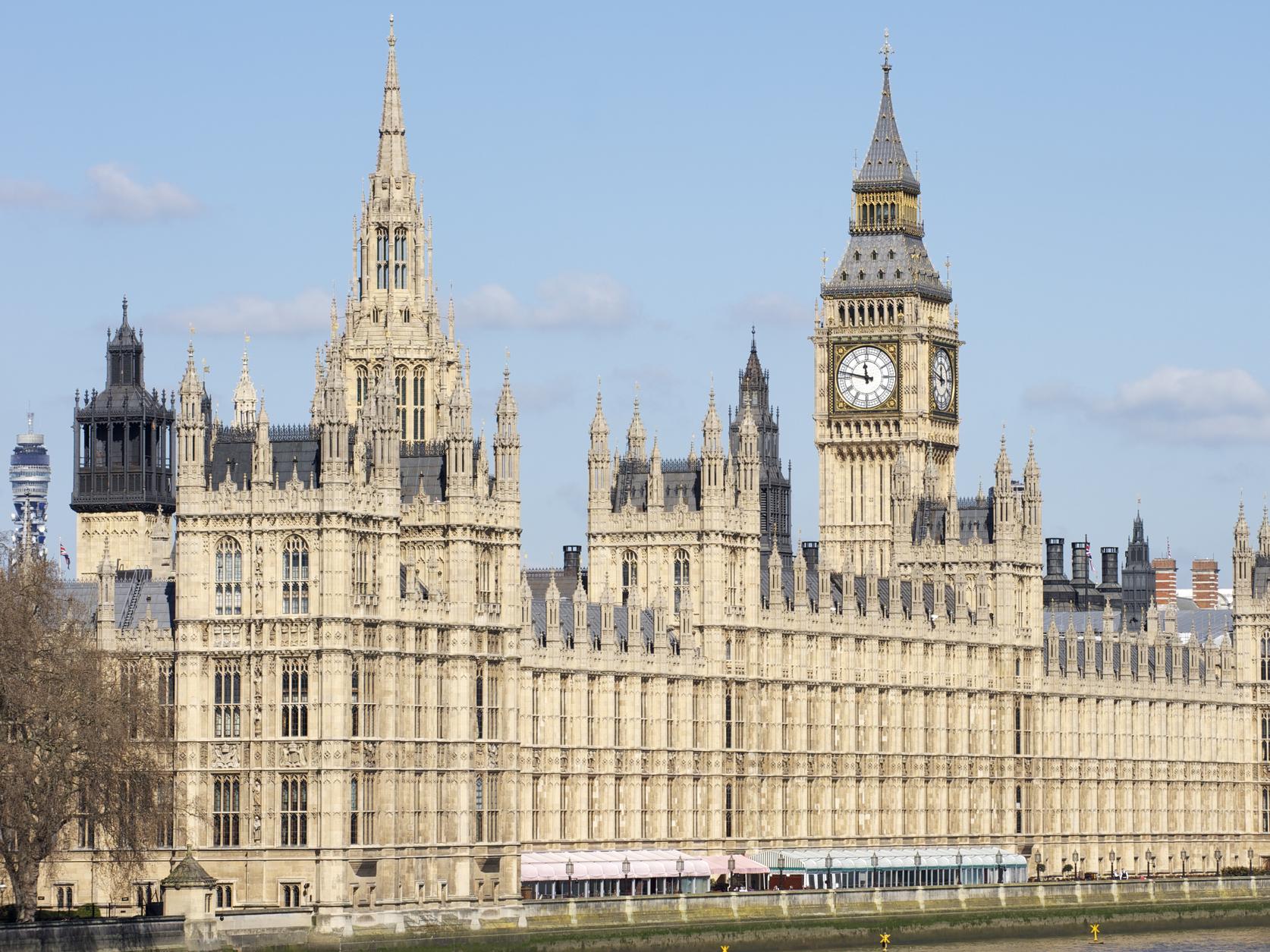
Brian Sims
Editor

Brian Sims
Editor
BRITISH PEOPLE are now better protected from terrorists, extremists and criminals involved in serious organised crime with the passing of a new law which prevents British citizenship from being automatically reinstated to such individuals following a successful initial appeal.

Receiving Royal Assent on 27 October, the Deprivation of Citizenship Orders (Effect During Appeal) Act 2025 will mean British citizenship is not automatically reinstated after a successful appeal until all further appeals are exhausted, thereby ensuring the UK’s national security is not compromised during legal proceedings.
The new law, passed by Parliament on 21 October, closes a gap identified following a Supreme Court judgement in February, whereupon it was ruled that people deprived of British citizenship automatically regain that status upon their successful appeal. This would happen even if further appeals opposing that reinstatement are possible.
With the tightening of this law, the Government will not have to release people from immigration detention or allow them back into the UK if they consider that they pose a threat to the country’s security and the public’s safety, while further appeals are ongoing.
It will also prevent a person from renouncing any other nationalities they hold to render themselves solely British. Doing so would have meant any future decision to remove British citizenship would not have been possible as it would leave them stateless, nor would they be able to be deported or blocked from returning to the UK.
Clear message
Security Minister Dan Jarvis MBE commented: “The Government takes national security extremely seriously and this new law sends a clear message: we will take no chances when it comes to protecting our country and our people.”
Jarvis added: “We’ve strengthened our ability to keep the most dangerous people out of Britain: those who threaten our safety, our way of life and the values we stand for. This law makes us all safer.”
The Home Secretary makes deprivation decisions on ‘conducive to the public good’ grounds only in the most serious cases, where it’s in the public interest to do so because of the individual’s conduct or the threat they pose to the UK. An average of 12 people every year were deprived of British citizenship between 2018 and 2023 for this very reason.
Similar approach
This new law follows a similar approach taken in asylum and Human Rights appeals cases, where asylum is not granted to a person appealing a rejection until all further appeals, up to the Court of Appeal, have been determined.
This narrowly focused new Act of Parliament, which consists of two sections, has made no change to a person’s existing right to appeal and doesn’t widen the reasons for which an individual could be deprived of their citizenship.